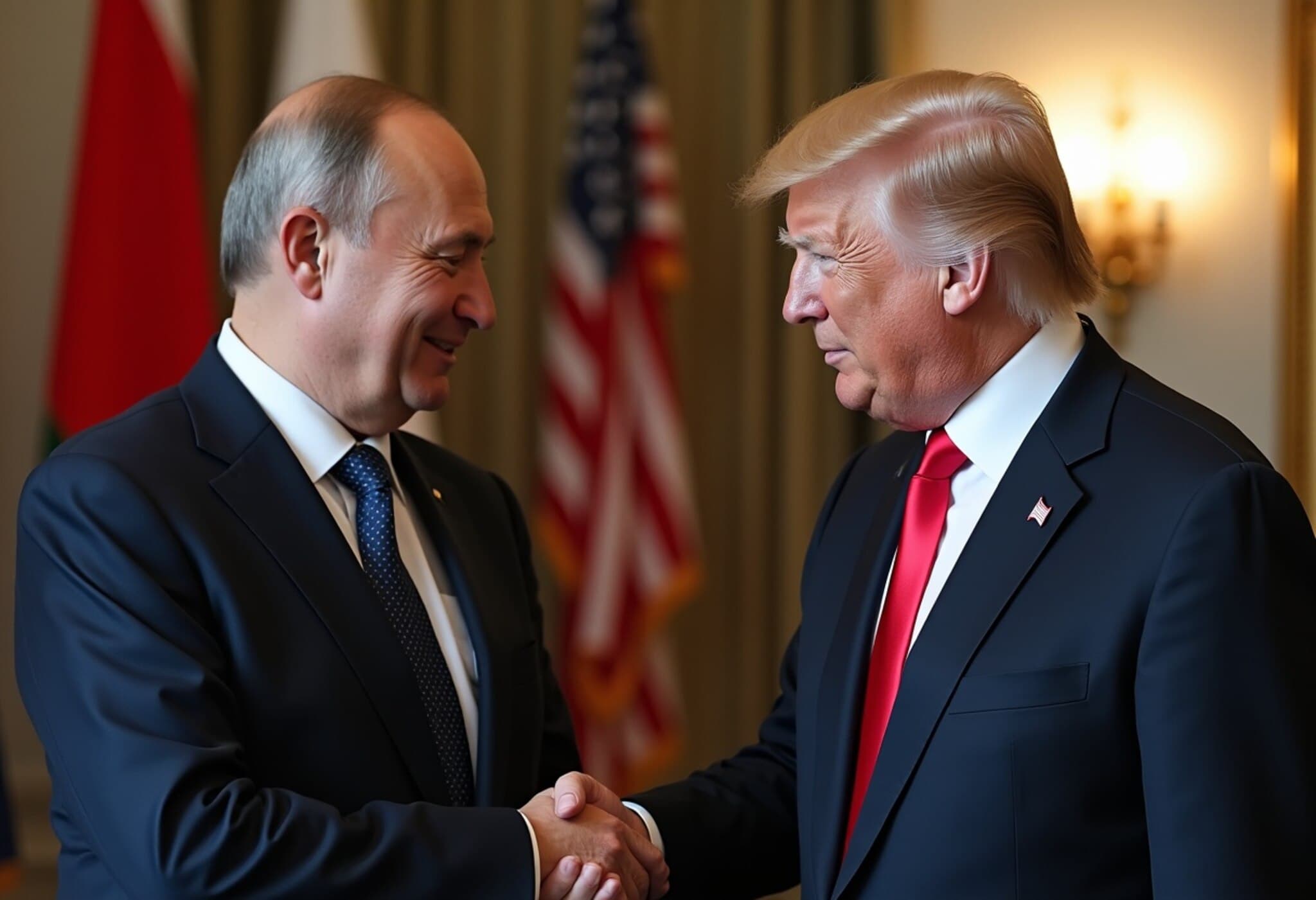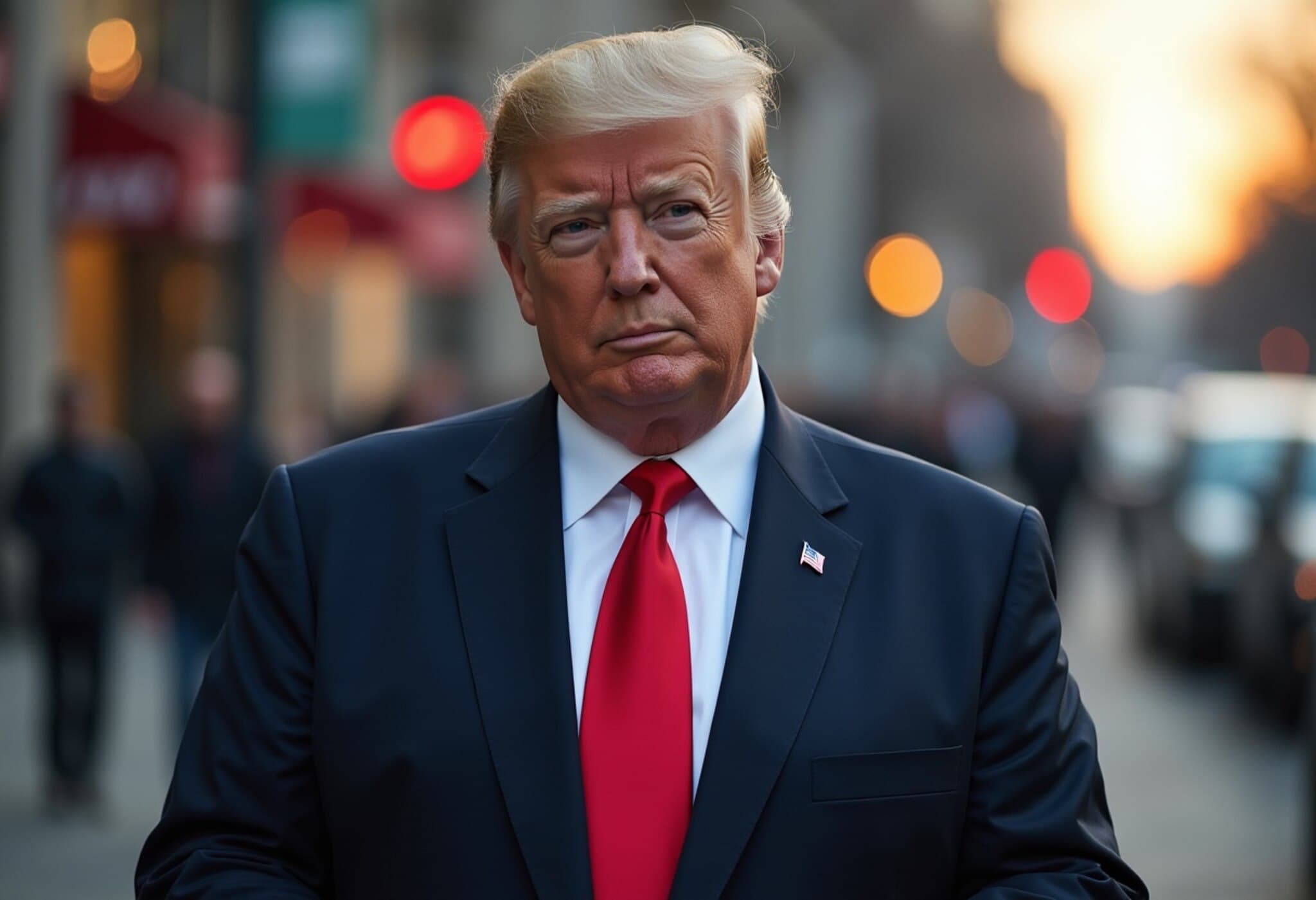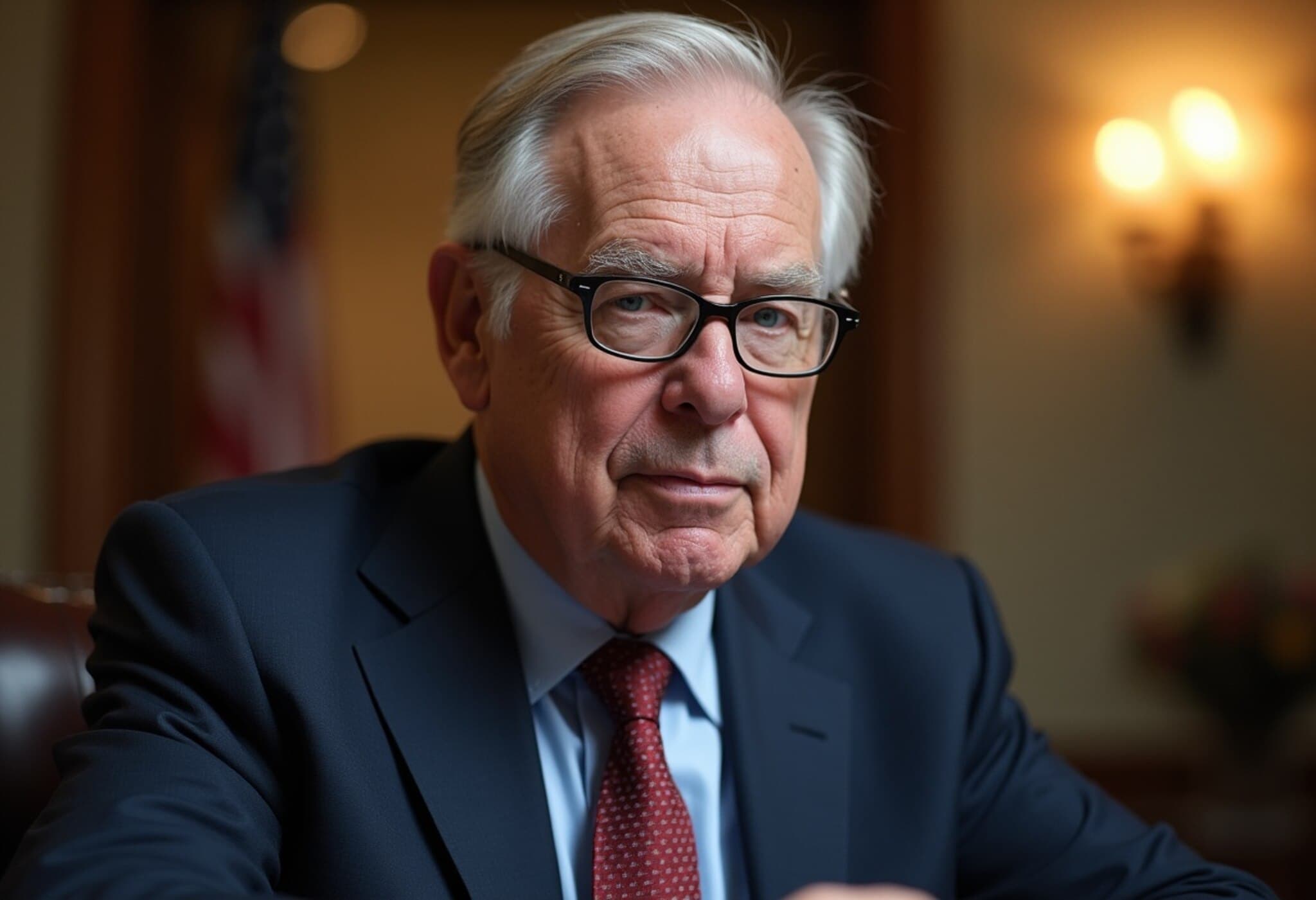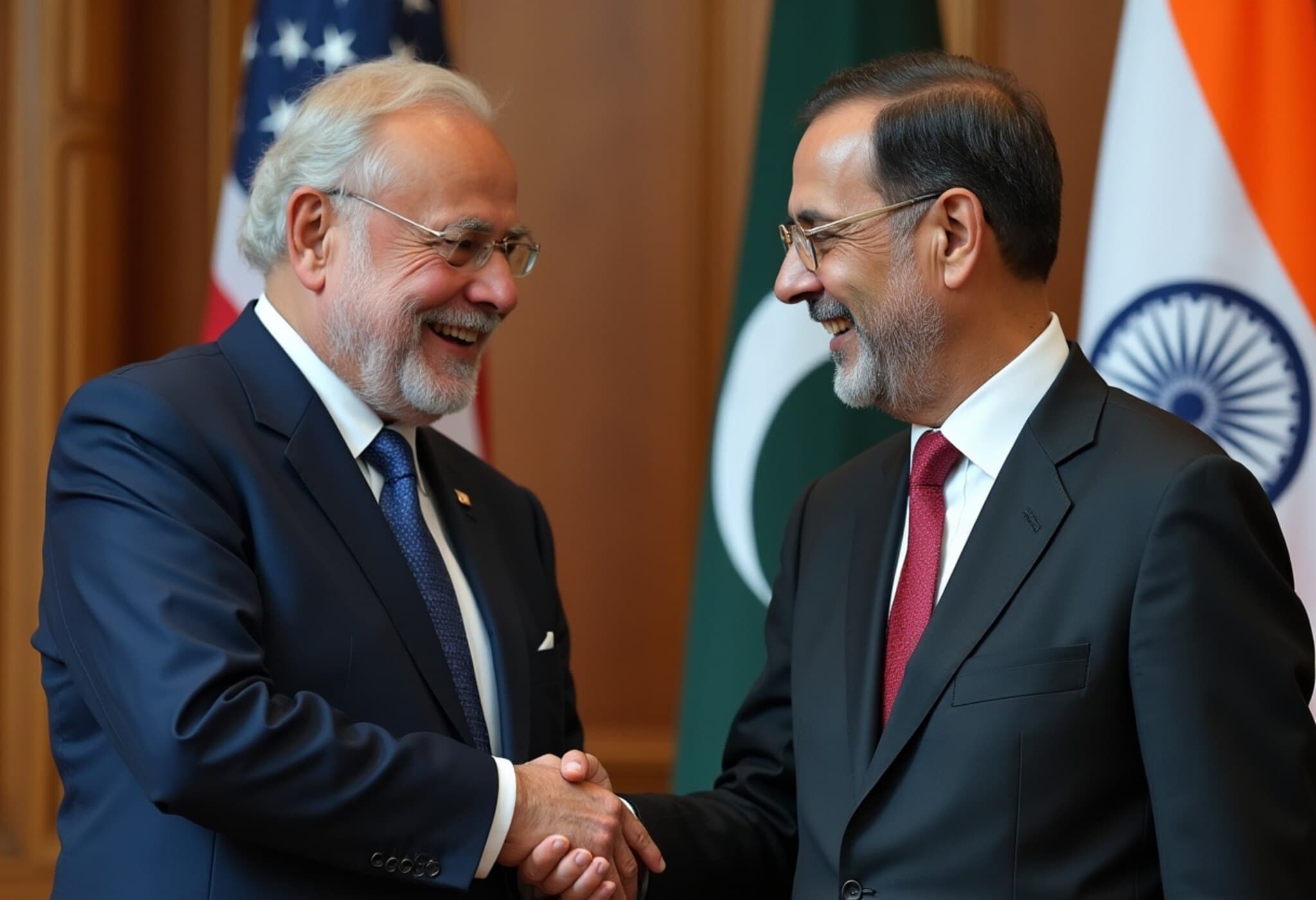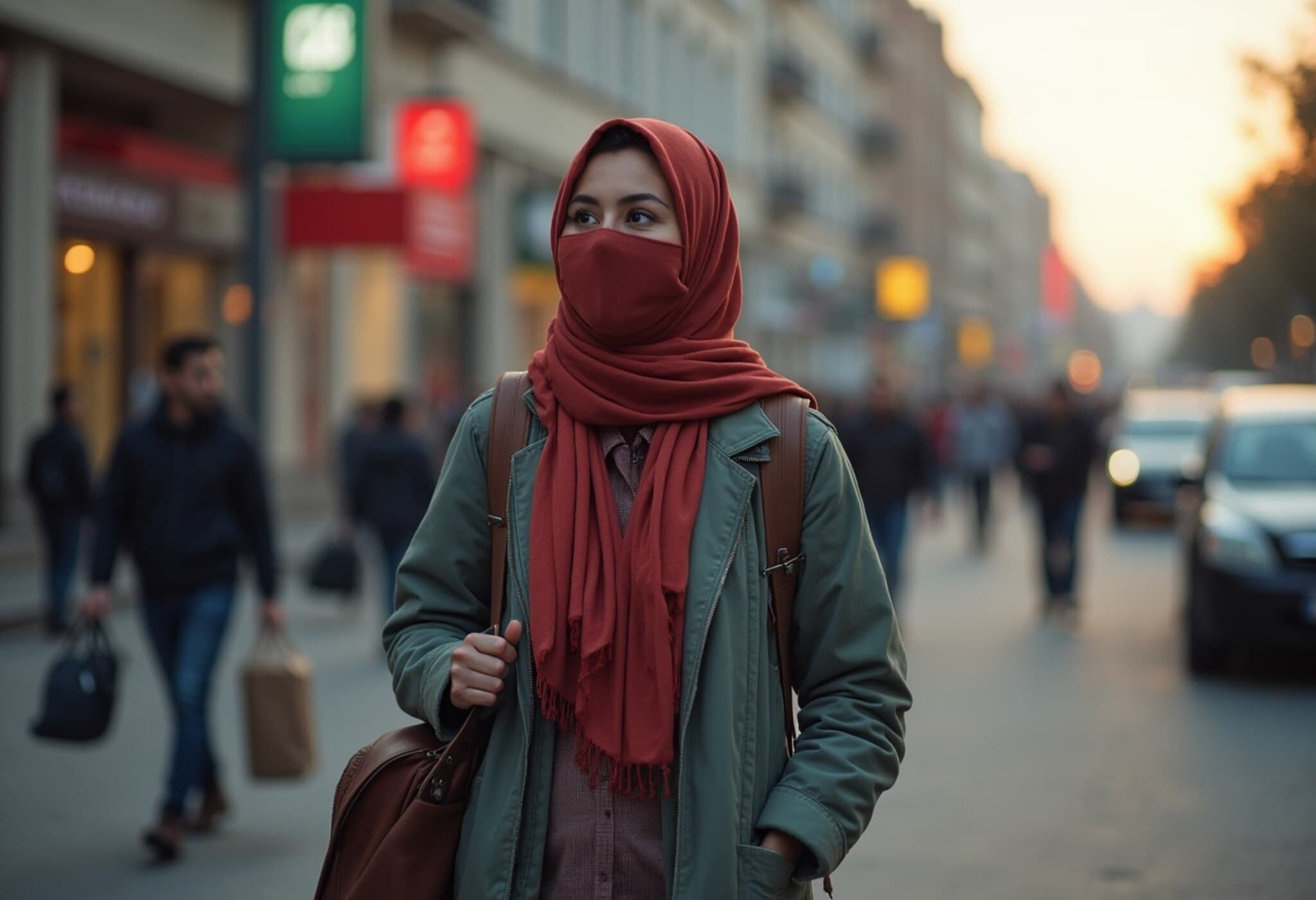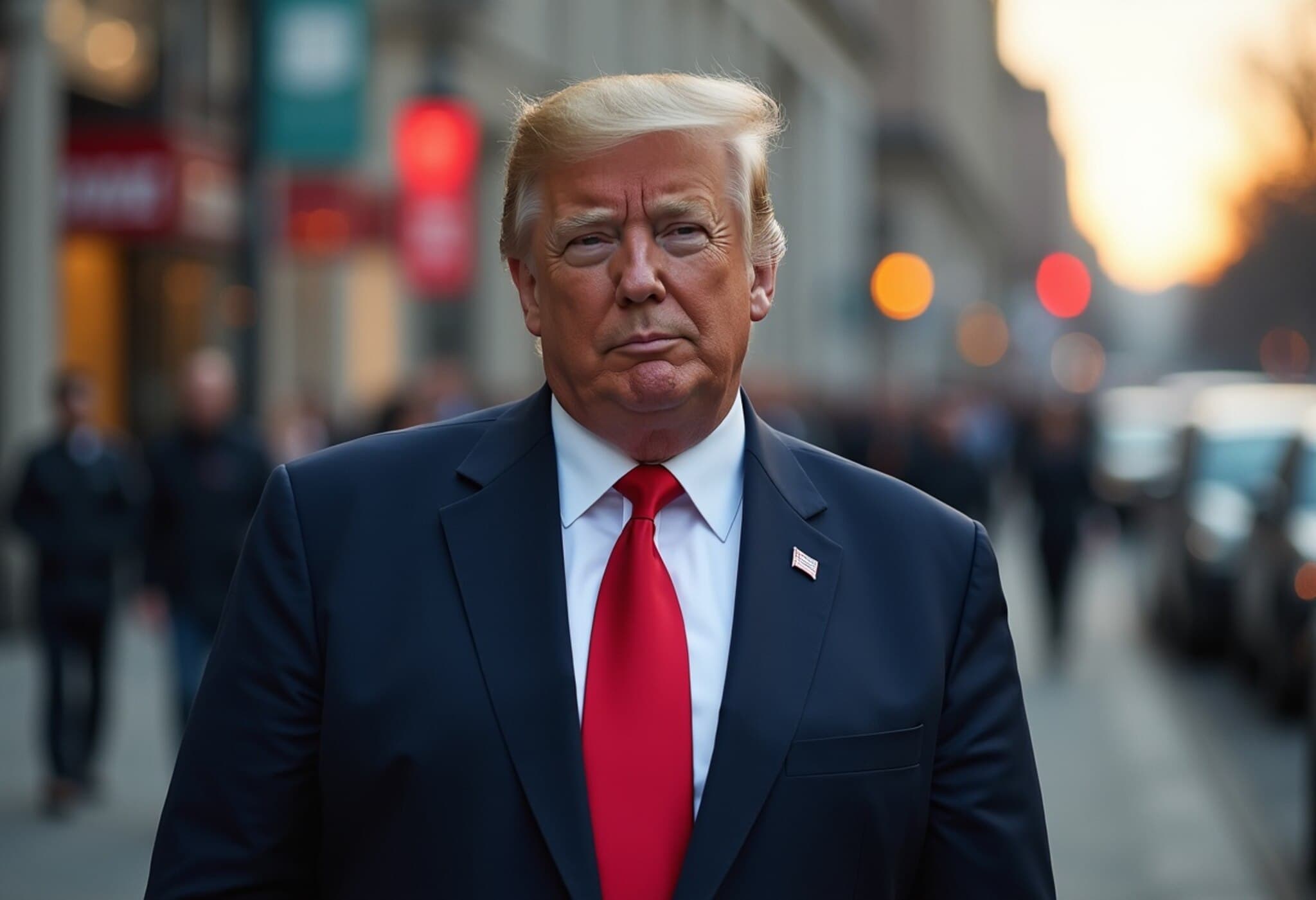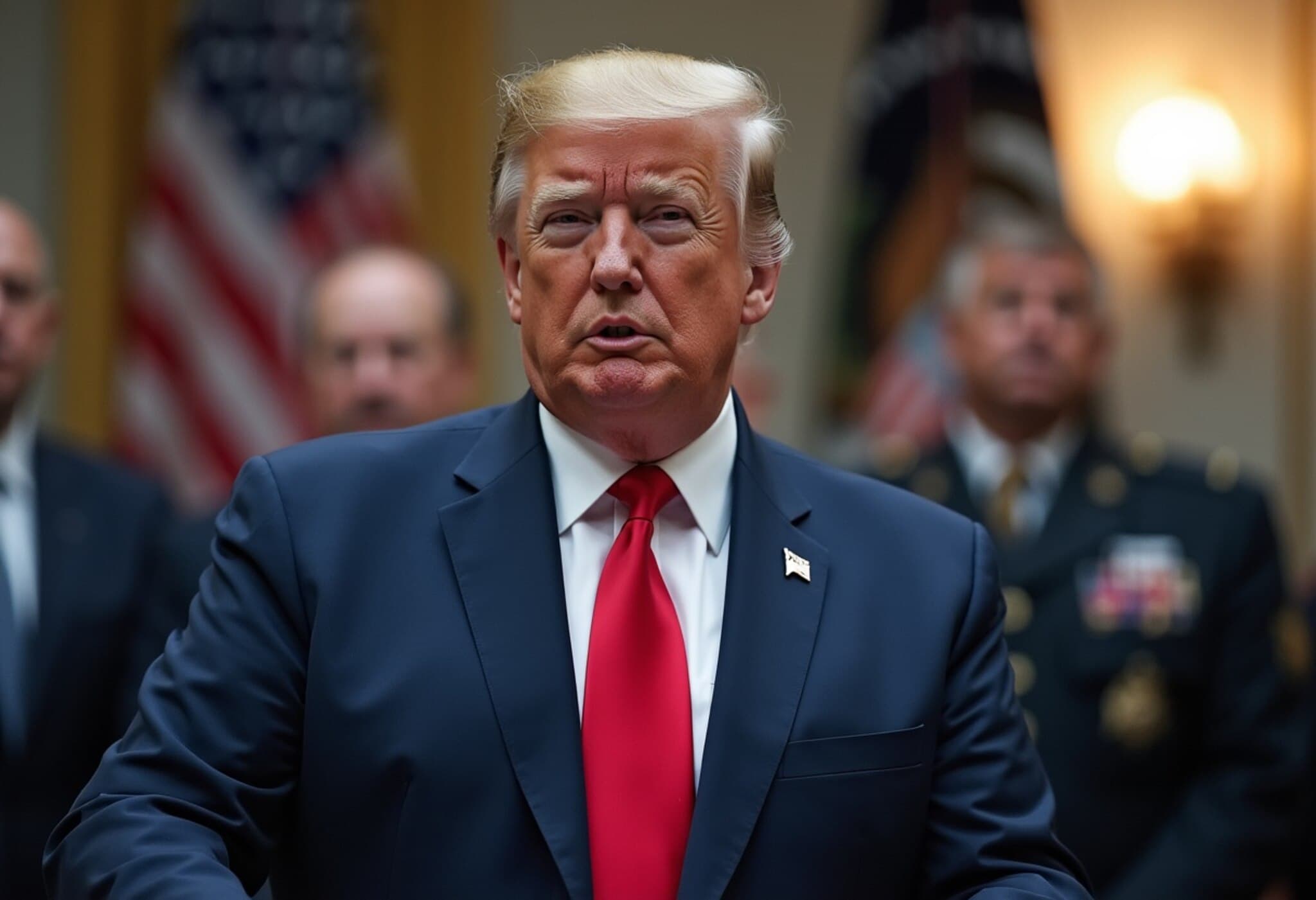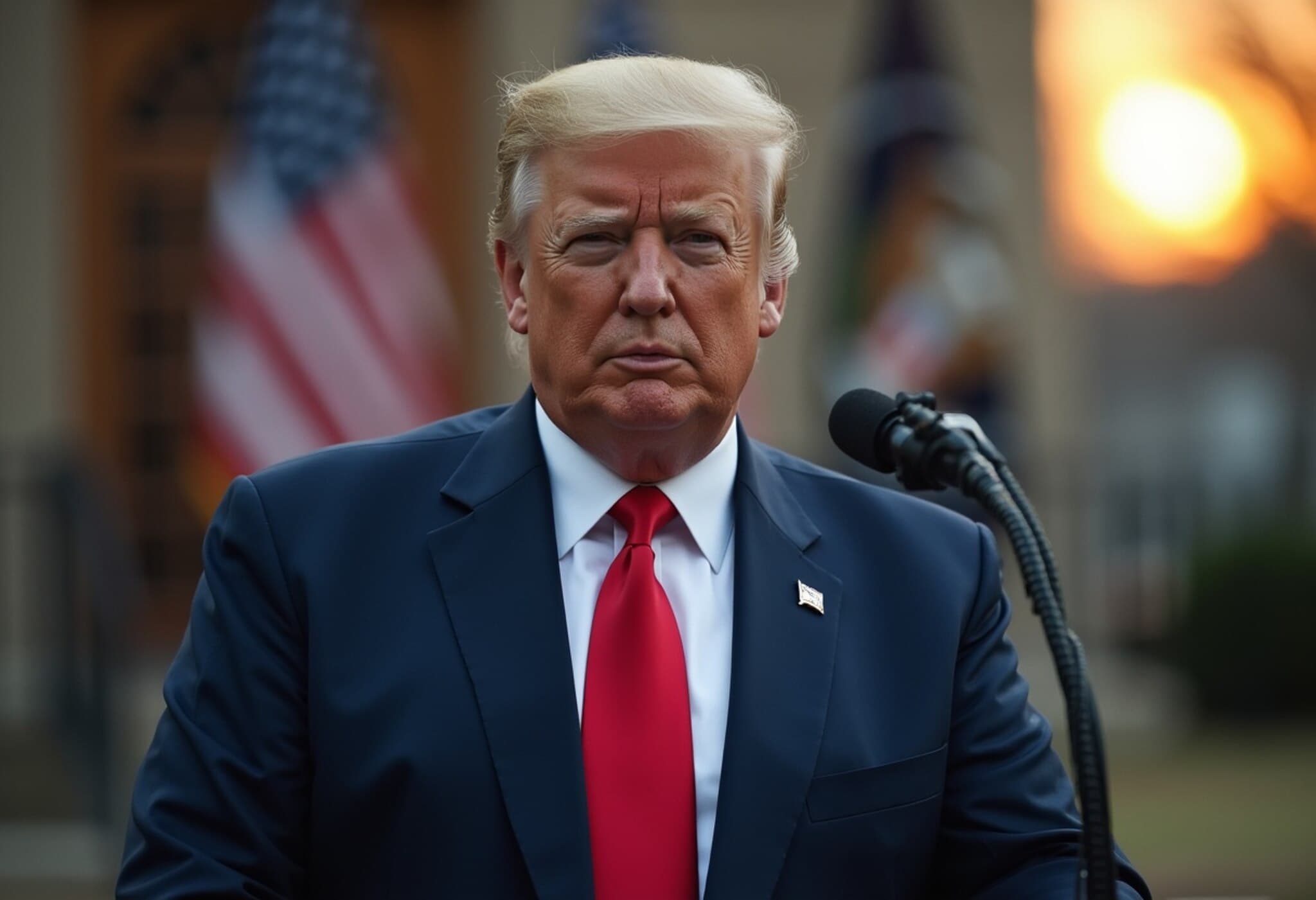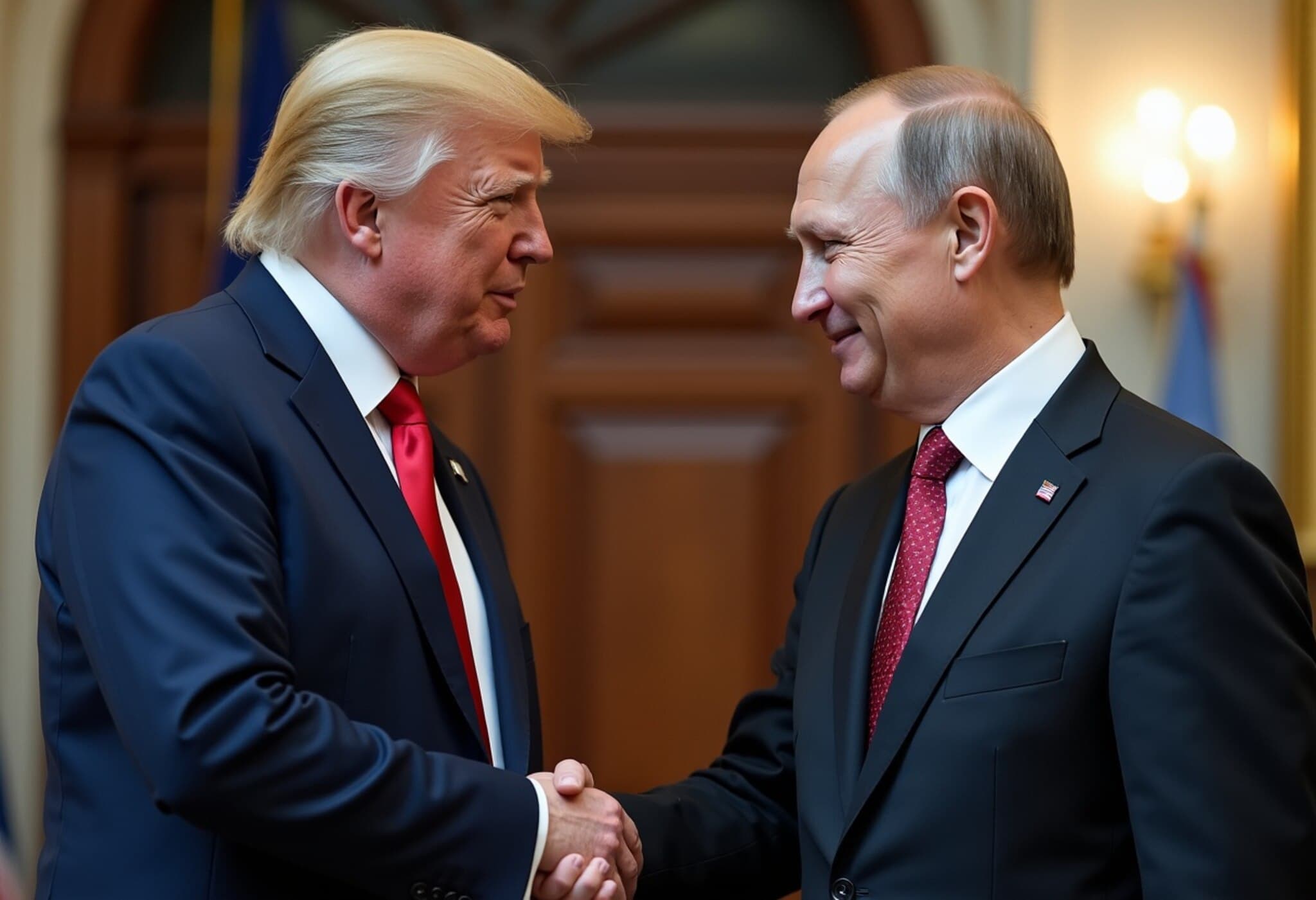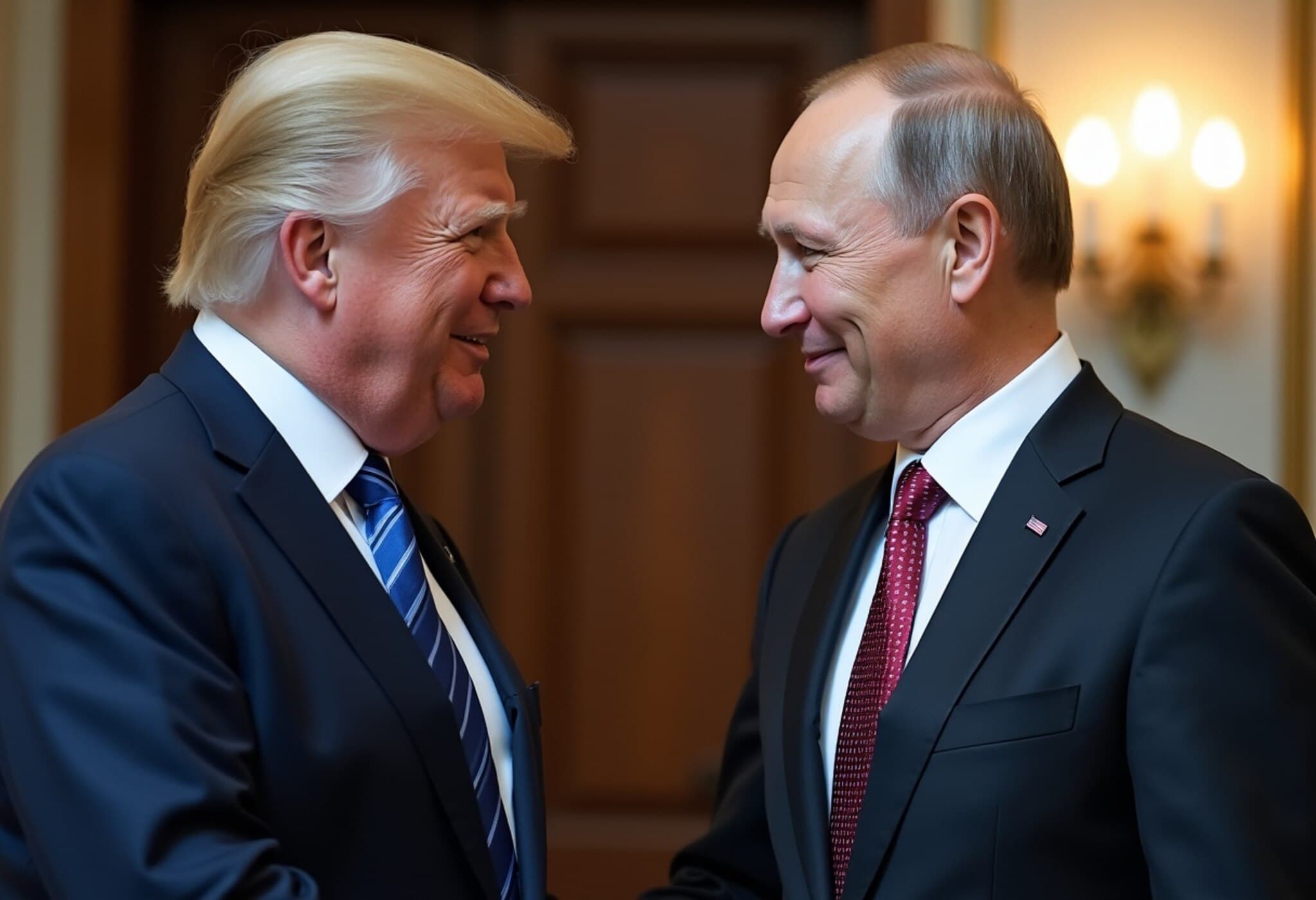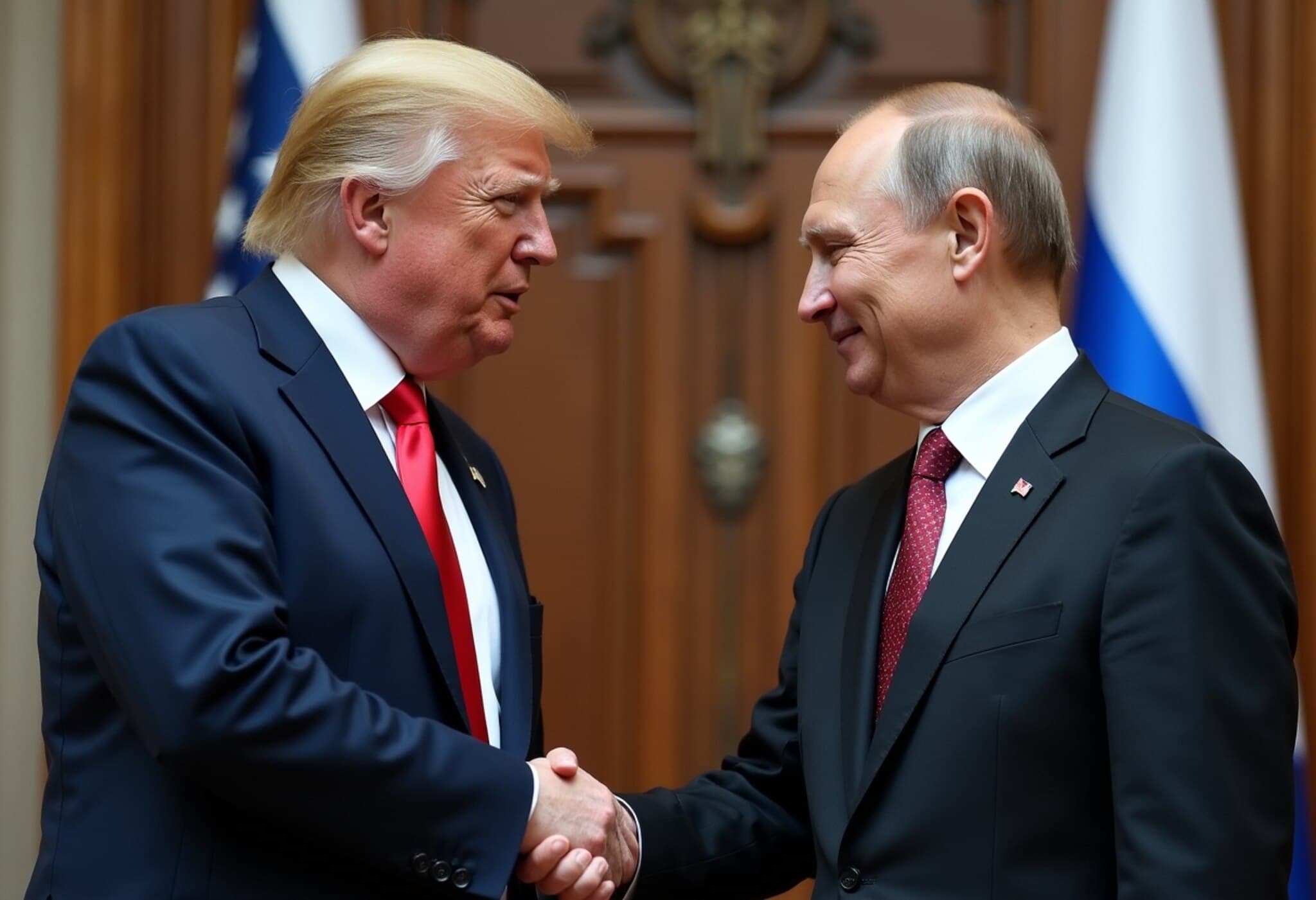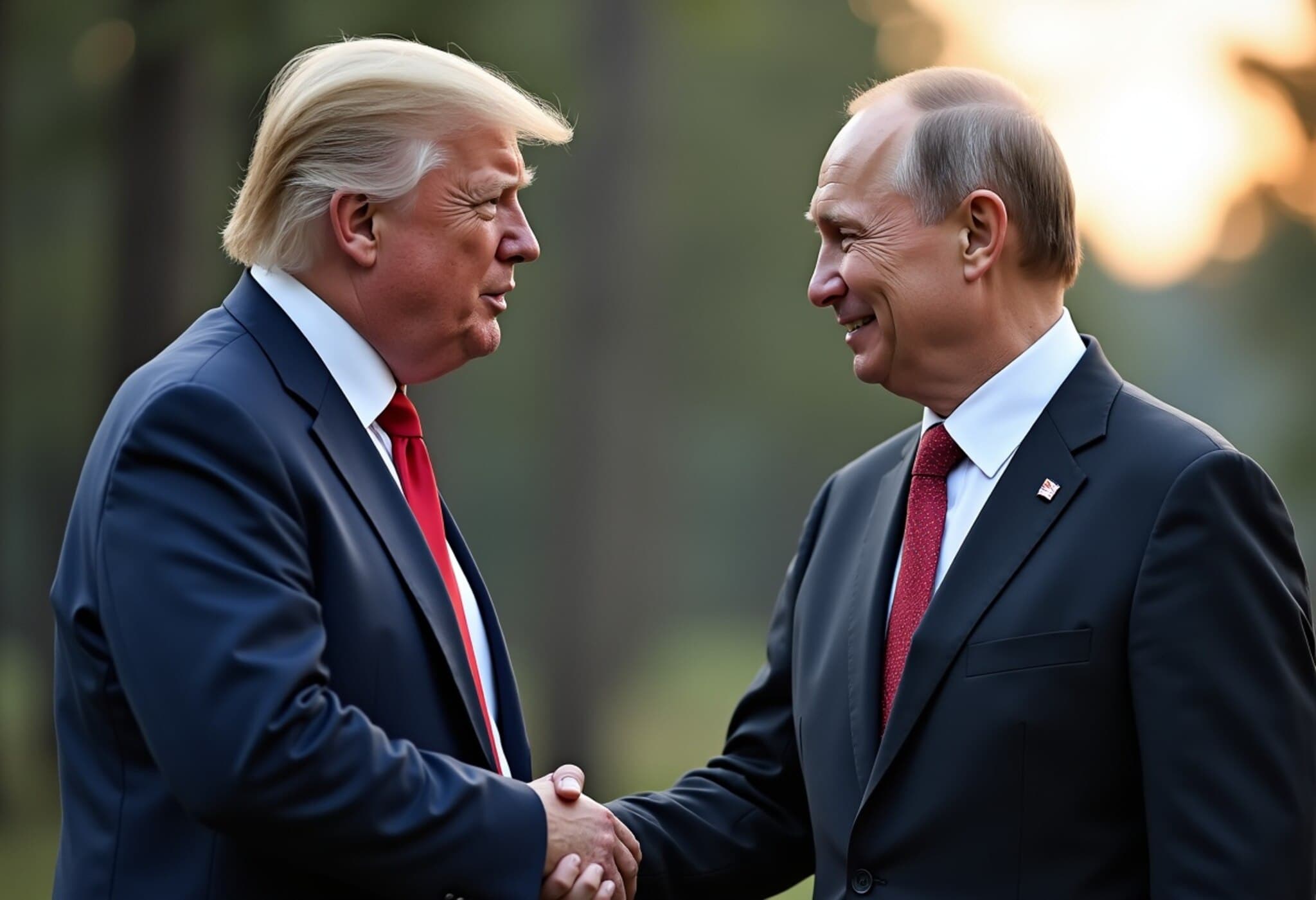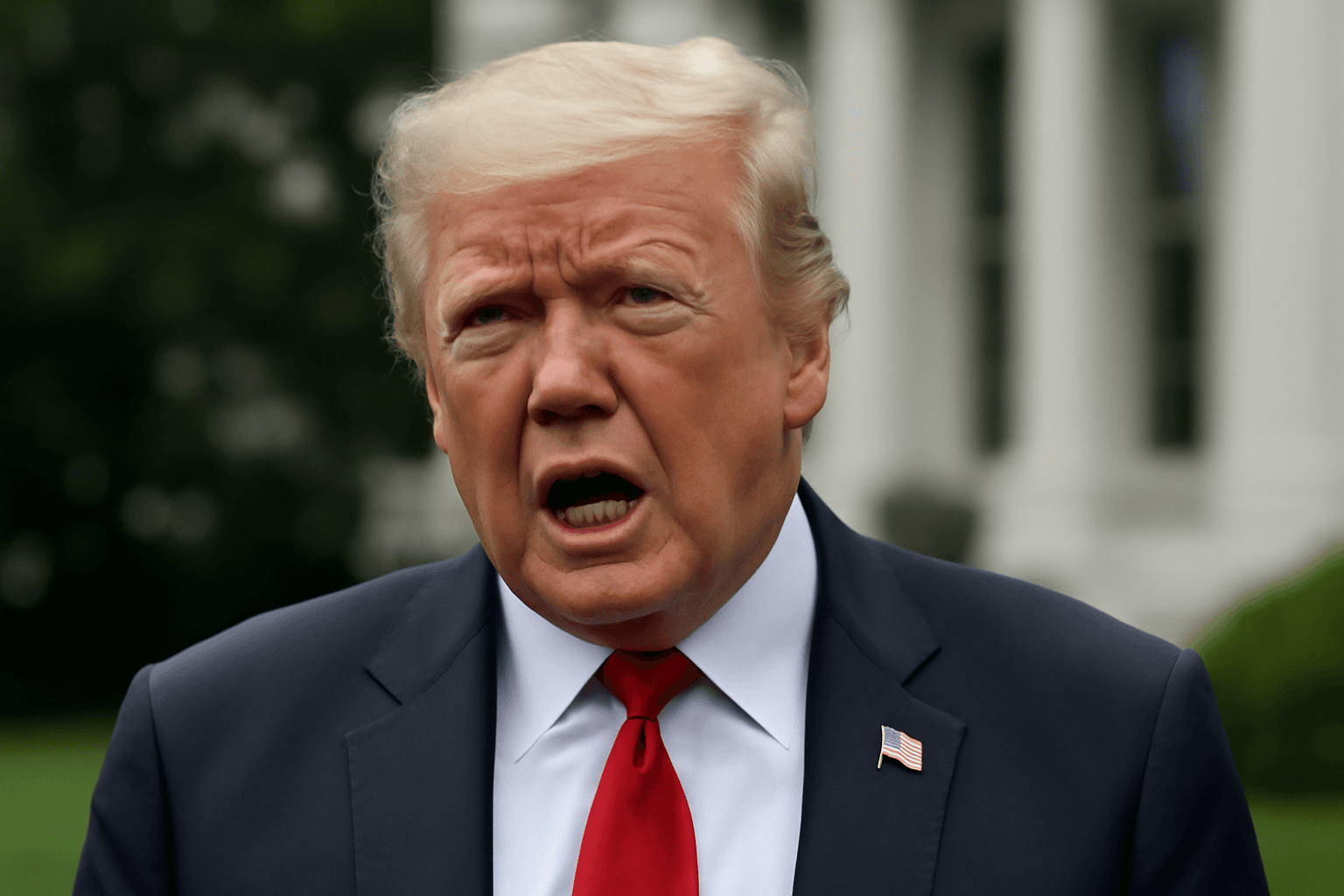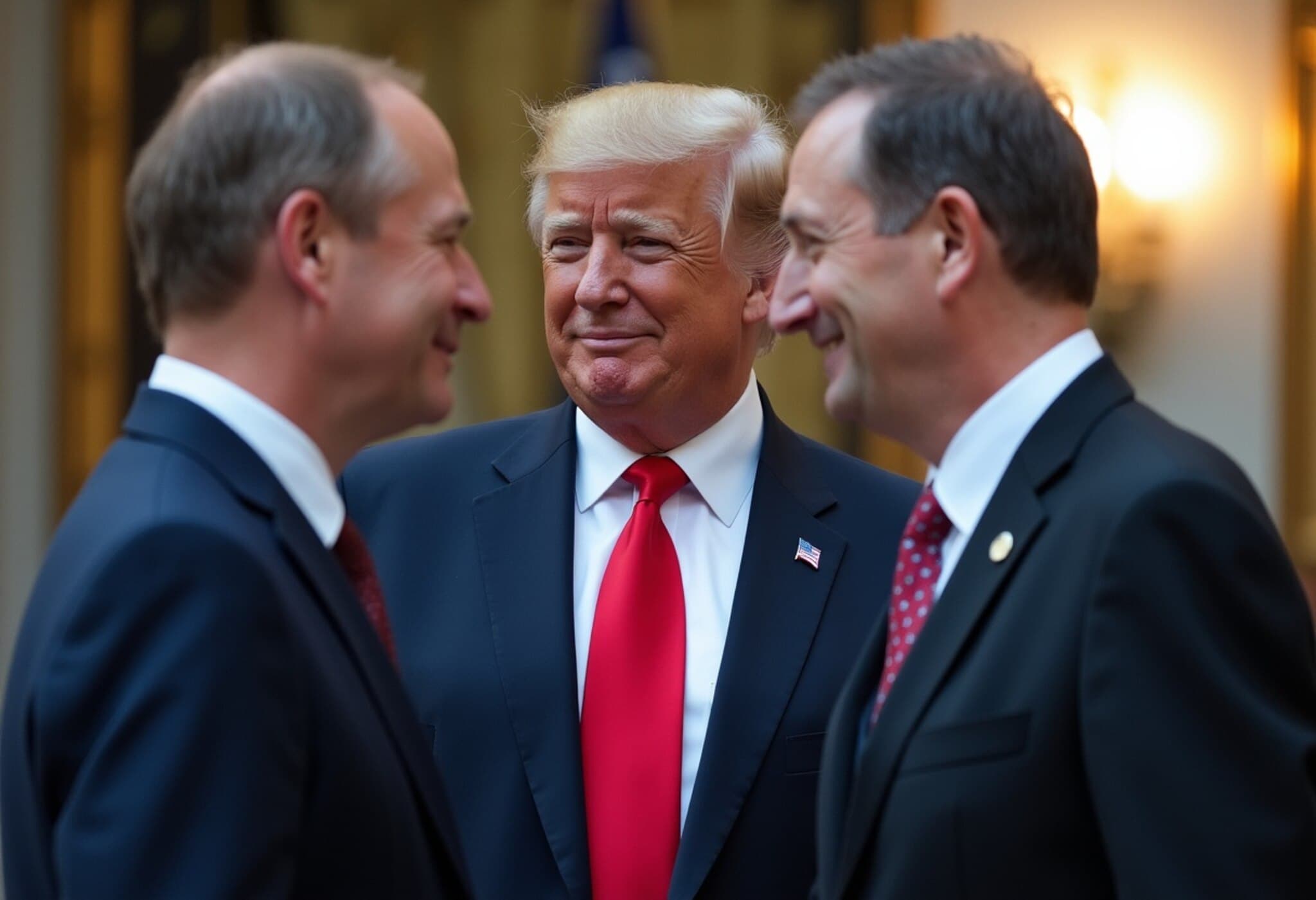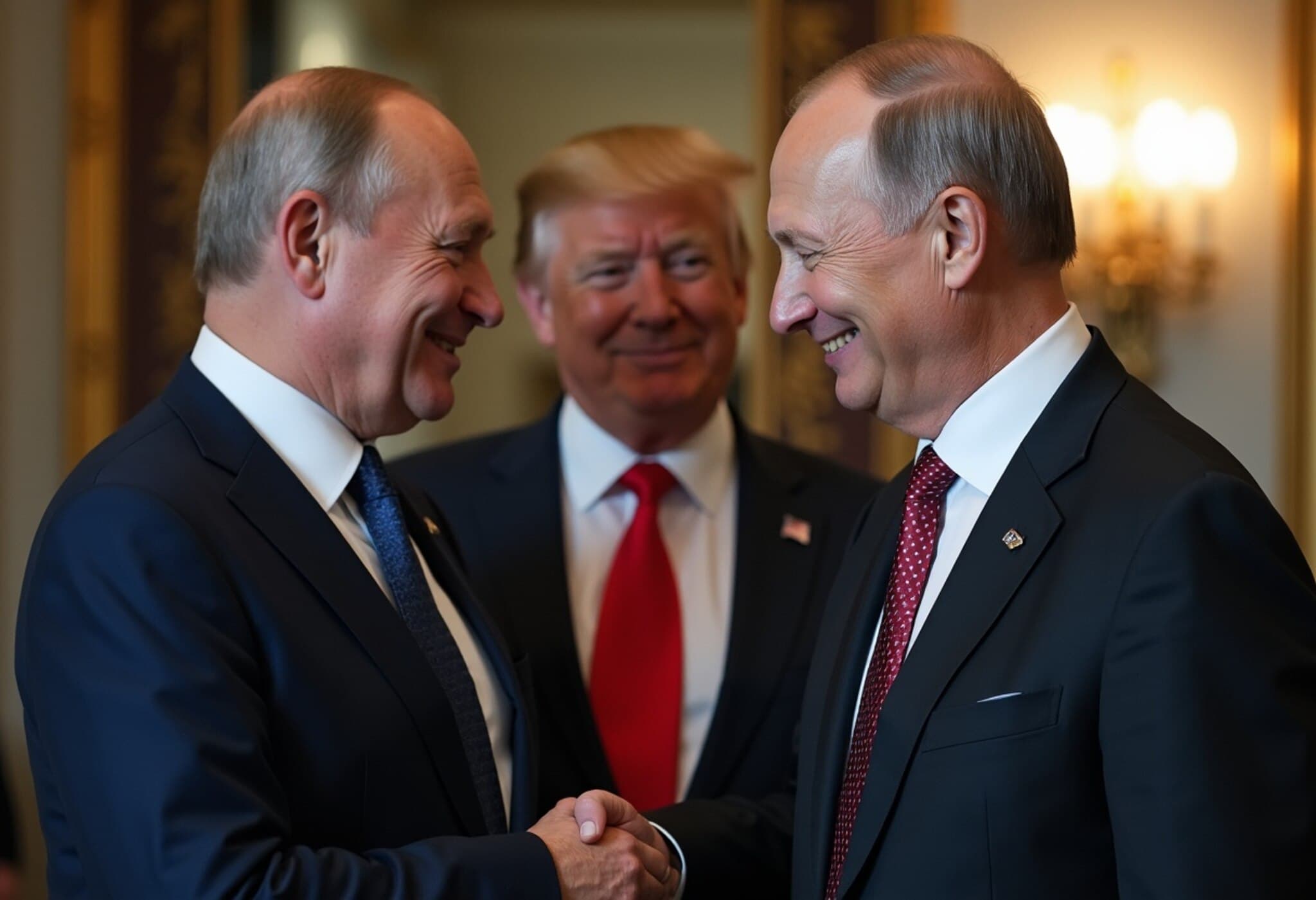Trump Holds Strategic Dialogue with Belarusian President Lukashenko Before Putin Summit
In a significant diplomatic move ahead of a crucial meeting with Russian President Vladimir Putin, former US President Donald Trump engaged in a key phone call with Belarusian President Alexander Lukashenko. The conversation, which unfolded as Trump traveled aboard Air Force One to Anchorage, Alaska, touched on a host of urgent topics, notably Putin’s upcoming visit to Alaska.
Strengthening Diplomatic Channels Amid Global Tensions
Alexander Lukashenko, known for his close ties to Vladimir Putin and his pivotal role in Eastern European geopolitics, was a natural interlocutor for Trump as he prepared for discussions with Russia’s leader. The call, according to Trump’s own social media announcement, was not just ceremonial; it had a humanitarian dimension centered on prisoner releases.
"We discussed many topics, including President Putin's visit to Alaska," Trump tweeted, emphasizing the depth of their conversation. Most notably, he thanked Lukashenko for facilitating the release of 16 prisoners and appealed for the continued liberation of approximately 1,300 more detainees. This plea highlights an often overlooked but critical aspect of international diplomacy—human rights concerns and negotiation leverage amidst broader political talks.
Context and Implications for US-Russia Relations
Trump’s outreach to Lukashenko signals a nuanced approach to his upcoming dialogue with Putin, where issues ranging from security arrangements to sanctions are likely to be on the radar. The selection of Alaska—a state with deep historical ties to Russia—as the summit location adds symbolic weight to these engagements.
Experts note that leveraging Belarus’s intermediary role could assist in easing some of the chronic frictions between Washington and Moscow. Moreover, the emphasis on prisoner releases serves as a reminder that personal liberties and humanitarian issues remain intertwined with geopolitics.
What Lies Ahead?
- Trump plans to meet Lukashenko "in the future," signaling ongoing diplomatic efforts beyond Alaska.
- The discussions could pave the way for incremental progress amid a largely adversarial US-Russia relationship.
- The prisoner release issue may open channels for confidence-building measures as sensitive negotiations continue.
Expert Insight: Navigating the Complex Web of US, Russia, and Belarus Relations
From a policy standpoint, Trump’s call represents the intricate dance of diplomacy where small gestures—like thanking for prisoner releases—serve as vital trust-building steps amidst broader strategic talks. Belarus, often seen as Russia’s satellite, plays a critical role as a conduit for communication, which the US appears to be leveraging deftly.
Given the increasing global polarization, such backchannel conversations might offer crucial openings. However, challenges remain, including divergent political interests and ongoing regional conflicts. The human dimension—the fate of detainees—adds moral urgency often sidelined in high-stakes diplomacy.
Looking Beyond: What Are the Questions We Should Ask?
- Can this diplomatic channel actually influence Putin’s stance in upcoming negotiations?
- How will prisoner releases impact the broader geopolitical dynamic between West and East?
- What does this mean for the US's long-term strategy in Eastern Europe and its relationship with Belarus?
Editor’s Note
This unfolding diplomatic engagement between Donald Trump, Alexander Lukashenko, and Vladimir Putin underscores the complexity of modern geopolitical negotiations. Beyond the headline-grabbing summit, the human rights issue—specifically prisoner releases—adds a poignant layer that merits closer public and policy attention. As the world watches Alaska become the stage for critical US-Russia dialogue, the role of Belarus and the humanitarian undertones remind us that international politics is not just about power but also people’s lives.
Stay informed with us as we continue to track these developments, analyzing both the overt and the subtle forces shaping global diplomacy.

